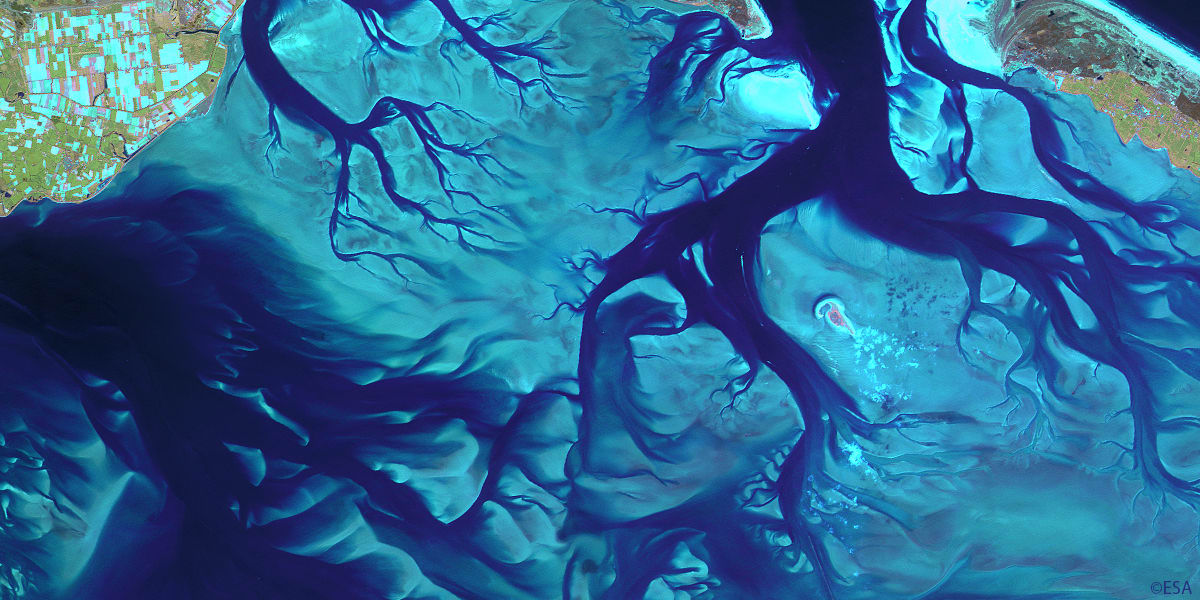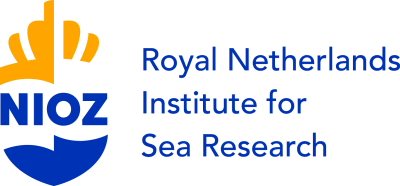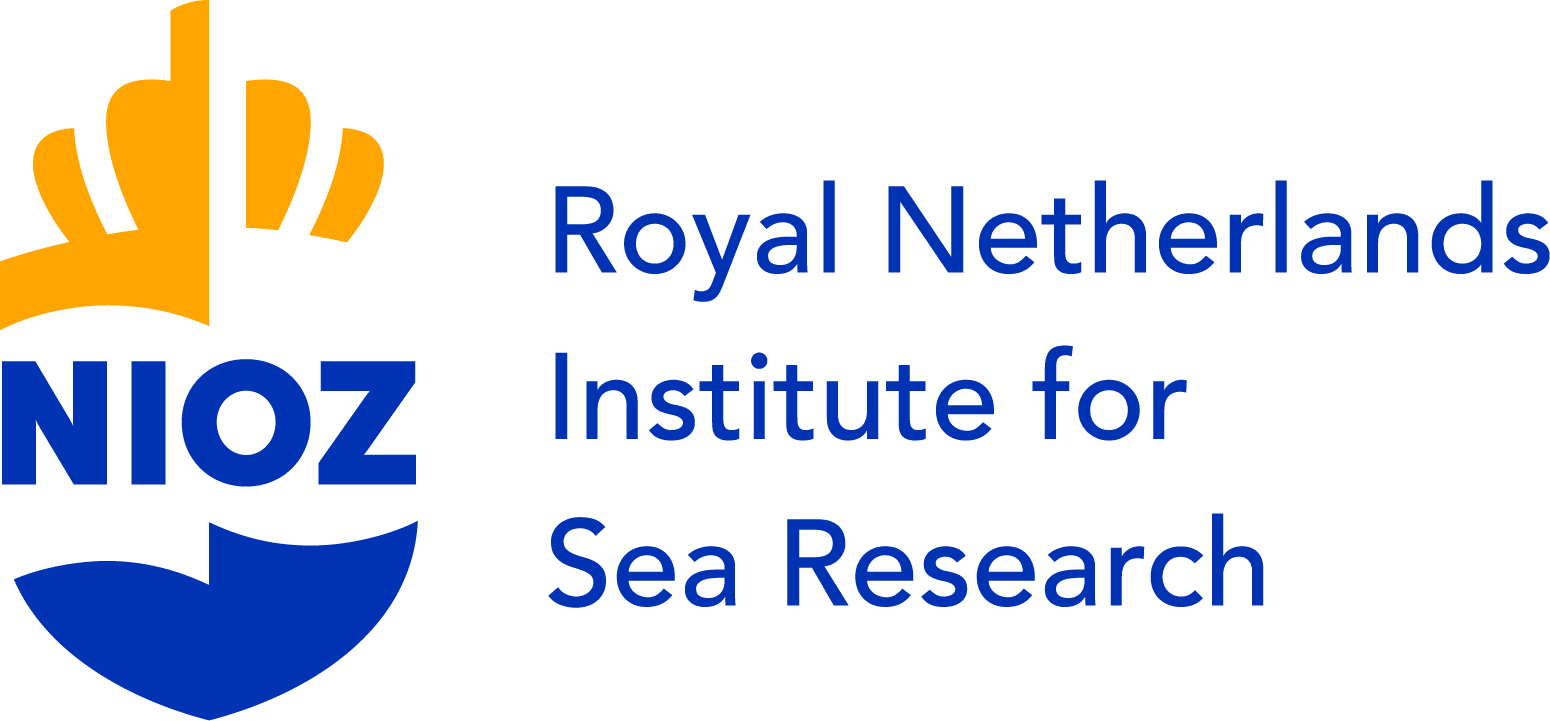
PhD-position: “Feedbacks between North African climate and carbon burial in the northeastern tropical Atlantic upwelling system”
- On-site
- 't Horntje, Texel, Noord-Holland, Netherlands
- Ocean systems (OCS)
Job description
The departments of Ocean Systems (OCS) and Marine Microbiology & Biogeochemistry (MMB) at the Royal Netherlands Institute of Sea Research (NIOZ) are together looking for an enthusiastic and motivated PhD candidate to work on the feedbacks between North African climate and the northeastern tropical Atlantic upwelling system in the past. We are looking for a highly motivated candidate with a paleoceanographic and/or (organic) geochemical background. You will be part of the larger research consortium EMBRACER (Earth systeM feedBack ReseArch CEntRe), which aims to address existing uncertainties about climate change and associated feedbacks.
ROYAL NIOZ
NWO-NIOZ Royal Netherlands Institute for Sea Research is the Dutch national oceanographic institute and principally performs academically excellent multidisciplinary, fundamental, and frontier applied marine research addressing important scientific and societal questions pertinent to the functioning of the ocean and seas. NIOZ includes the National Marine research Facilities (NMF) department that operates a fleet of research vessels and the national pool of large seagoing equipment, and supports excellence in multidisciplinary marine research, education, and policy development.
THE DEPARTMENTS
This is a shared position between the departments of Ocean Systems (OCS) and Marine Microbiology & Biogeochemistry (MMB).
Researchers in the Department of Ocean Systems (OCS) study open-ocean processes from a variety of disciplines including physical and chemical oceanography, marine geology, paleoceanography and deep-sea ecology. We investigate the past and present ocean in order to assess its future role in the Earth system. We collect data during oceanographic research cruises and conduct experiments both at sea and in the laboratory at our home base on Texel. The department carries out work in diverse environments all around the globe, from the Antarctic to the Arctic, and from the Caribbean to the North Sea.
The research of the Department of Marine Microbiology and Biogeochemistry (MMB) has a long history of studying all domains of microbial life (bacterial, archaeal, and eukaryotic), their interactions, and their role in biogeochemical cycling in a variety of marine environments, varying from coastal environments to the deep ocean and sediments. The department is equipped with state-of-the-art laboratories, bioinformatics resources and analytical equipment, and has an excellent level of technical support.
THE POSITION
Eastern Boundary Upwelling Systems (EBUS), such as the coastal upwelling zone off northwest Africa, bring nutrient-rich deep waters to the surface, fueling marine productivity. This productivity enhances carbon capture, export, and burial in marine sediments, as well as creates an oxygen deficient zone in the subsurface waters, having potentially significant implications for global carbon and nutrient cycling. However, the evolution of the northwest African upwelling system over glacial–interglacial timescales remains poorly understood, as does its coupling with (abrupt) North African climate changes. This PhD project aims to decipher links between changes in Atlantic overturning circulation, North African climate, and carbon burial in the northeastern tropical Atlantic over at least one glacial–interglacial cycle. Furthermore, we will also examine past extreme humid periods in North Africa — conditions often projected to return under future climate scenarios. At those times, the now-dormant River Tamanrasset was active, which enhanced terrestrial organic matter transport to this upwelling region and, in turn, directly impacted biogeochemical cycles in this EBUS. The targeted marine and terrestrial systems may have undergone abrupt changes when tipping points were reached, and this project therefore also enables investigation into how these systems are linked ('tipping cascades'), e.g., through vegetation–moisture feedbacks.
The PhD project will use marine sediment records to reconstruct land–ocean dynamics and interactions over key climatic transitions in the northeastern tropical Atlantic region. Organic proxies, including bacteriohopanepolyols (BHPs), branched glycerol dialkyl glycerol tetraethers (brGDGTs), and the hydrogen isotopic composition (δD) of plant waxes, will be used to infer biogeochemical cycling as well as past terrestrial temperature and vegetation changes across the northwest African region. Correspondingly, inorganic proxies will be used, such as bulk sediment geochemistry and foraminiferal chemistry, to reconstruct upwelling and associated oxygen minimum zone (OMZ) intensity and terrestrial climate changes.
To support this research, the project includes a dedicated research cruise to the northeastern tropical Atlantic to collect new sediment core material from key depositional sites. As a PhD, you will lead and contribute to peer-reviewed publications, share your results online with the research community, as well as present the project results at international conferences. At NIOZ, you share your knowledge and expertise with your colleagues in an open, safe and inclusive environment. Within the larger context of EMBACER you will be connecting to more than 30 other PhD’s and Postdocs, and the knowledge you will gain on the link of climate and carbon burial will allow you to also contribute critical knowledge to other projects within EMBRACER.
THE EMBRACER PROJECT
At EMBRACER we work at the very frontiers of knowledge on climate change, Earth’s climate system and climate feedbacks. Within its 10-year research programme, funded by NWO, EMBRACER brings together a wide range of world-leading climate experts with the aim to address existing uncertainties about climate feedbacks at the boundaries between oceans, land, ice, and atmosphere. Our interdisciplinary approach and state-of-the-art infrastructure will bring us forward in our understanding of the impact of climate feedbacks emerging over the next decades to centuries.
Job requirements
THE CANDIDATE
You must have completed your MSc degree in Earth Sciences or related discipline. Preferably, you will also have:
Experience or strong interest in paleoceanography and/or paleoclimatology
Experience or strong interest in sediment (in)organic geochemistry
Affinity with sediment proxies to reconstruct past environments
Affinity with laboratory work and/or willingness and aptitude to develop laboratory skills
Ambition to participate in sea-going research expeditions
Capability to independently plan and organize your work, with interest in taking a leading role in its direction
Excellent English oral and writing skills
We want to be a transparent institute with a healthy working climate and an inclusive culture, where people from diverse backgrounds and gender bring their talents and further develop these talents. We aim for inclusive decision-making processes and expect our leadership to show visible commitment, awareness of bias, and cultural intelligence.
Preferably, you will start this PhD position end of 2025. The work will be conducted at NIOZ Texel (Netherlands), while you will be enrolled in the graduate school of Utrecht University Earth Sciences.
THE CONDITIONS
Employment of this full-time position at Royal NIOZ is by NWO-I, for a total duration of 4 years. You start with an appointment for the duration of 1 year, that, after a positive evaluation in the 9th month (Go-No go), will be extended to the full period of 4 years.
Salary compliant with scales for research trainees (OIOs) CAO-WVOI (Collective Labour Agreement for Dutch Research Institutes).
An appointment at NIOZ as a PhD means working and learning simultaneously conform the NIOZ PhD policy.
338 annualized holiday hours for a full-time 40-hour work week.
Pension scheme via ABP, 8% holiday allowance and a year-end bonus of 8.33%.
2nd class public transportation travel is reimbursed 100%.
Employment benefits plan to exchange a portion of your salary for days off or vice versa or can be used to purchase a bicycle with tax benefits.
We offer relocation expenses for employees coming from abroad and support with finding accommodation.
MORE INFORMATION
Please enclose: a CV, a one-page cover letter explaining your interest in the position, names and contact information of 2 references, and if possible a recent writing sample (such as a written report of research during your master’s degree), before the closing date. The cover letter (max one-page A4) should discuss your motivation for this PhD position including how you meet some or all of the preferred criteria. Interviews are scheduled for end of September 2025.
For additional information about this vacancy, please contact the project leaders Darci Rush and Rick Hennekam. For additional information about the procedure, please send an e-mail to working@nioz.nl
Closing date for applications: 30th of August 2025.
or
All done!
Your application has been successfully submitted!

